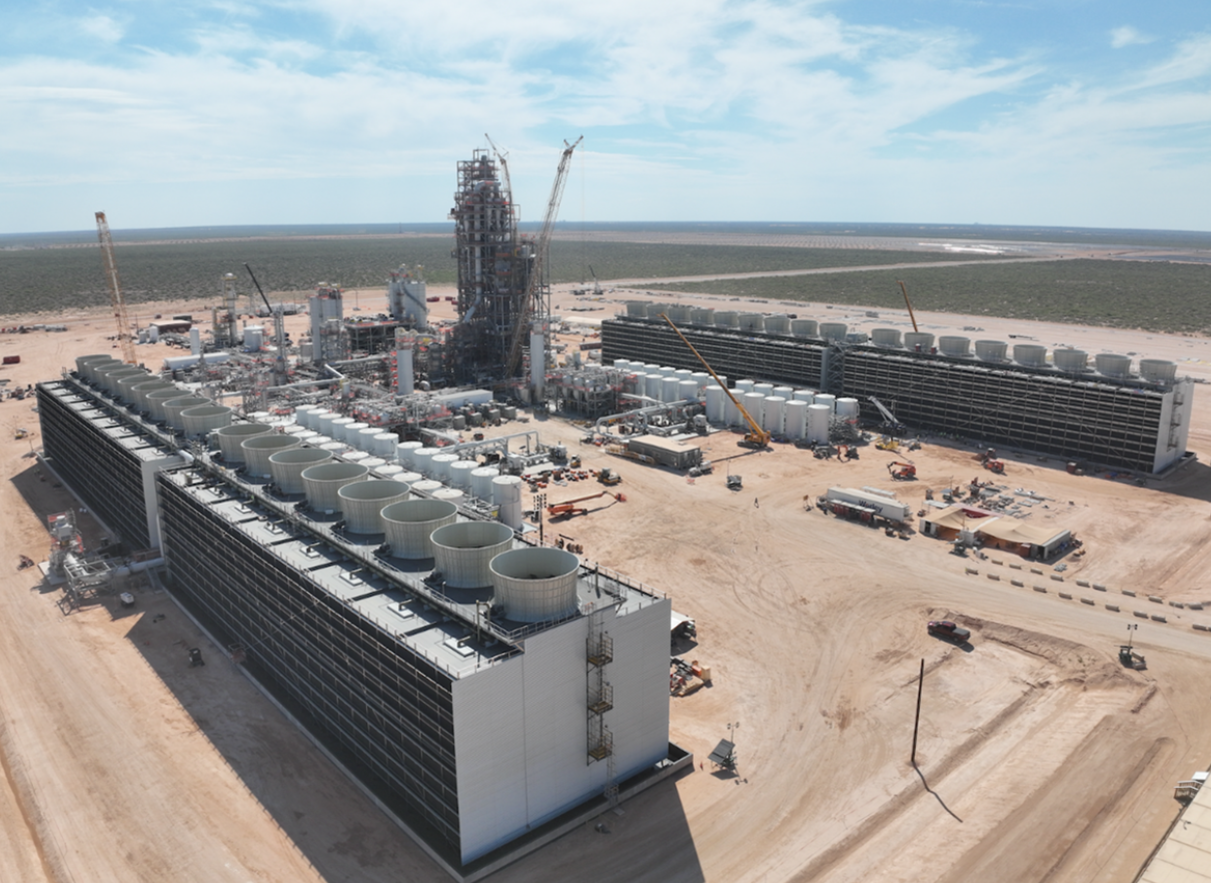NYK and ENEOS Partner for Carbon-Neutral Marine Fuel

In a significant move towards sustainability, Japanese shipping giant Nippon Yusen Kabushiki Kaisha (NYK) has partnered with energy leader ENEOS. The two companies have signed an agreement to sell and purchase marine fuel that includes carbon dioxide removal credits (CDR credits). These credits are generated through a process known as direct air capture with carbon storage (DACCS). This collaboration aims to address the maritime industry’s pressing need for decarbonization and contribute to a carbon-neutral society.
Understanding DACCS and Its Importance
Direct air capture with carbon storage (DACCS) is a cutting-edge technology designed to remove greenhouse gases (GHGs) from the atmosphere. This method is particularly crucial for achieving net-zero emissions, especially for sectors where traditional energy conservation methods fall short. NYK emphasizes that DACCS is a viable solution for reducing emissions that cannot be eliminated through conventional means.
Under the terms of the agreement, ENEOS will procure CDR credits from 1PointFive’s STRATOS direct air capture facility in Texas, which is set to begin operations in 2025. These credits are created by capturing carbon dioxide from the air and securely storing it underground. Starting in 2028, ENEOS will supply these credits along with marine fuel to NYK. This partnership not only aligns with the companies’ sustainability goals but also sets a precedent for the maritime industry to adopt innovative technologies for emissions reduction.
Both NYK and ENEOS are committed to advancing GHG emissions reduction technologies. They aim to promote the development and application of DACCS and other methods to help realize a carbon-neutral society. This collaboration reflects a growing trend among companies to invest in sustainable practices and technologies that contribute to environmental preservation.
NYK’s Broader Sustainability Initiatives
NYK is actively pursuing various initiatives to enhance energy efficiency and transition to cleaner fuels. The company is moving away from traditional fuels, opting instead for next-generation alternatives such as liquefied natural gas (LNG), ammonia, and methanol. These efforts are part of NYK’s broader strategy to achieve its net-zero emissions target.
In addition to its partnership with ENEOS, NYK has recently collaborated with Yusen Logistics to launch a digital platform aimed at reducing GHG emissions. This platform, developed by the Netherlands-based startup 123Carbon, will help track and allocate GHG reductions achieved through the use of alternative fuels in various transport services. By issuing certificates that confirm these reductions, the platform encourages more companies to adopt sustainable practices.
Furthermore, NYK plans to offset residual emissions that cannot be eliminated through conventional methods by utilizing CDR credits. This approach is expected to significantly enhance NYK’s efforts toward achieving its net-zero target. The company’s commitment to sustainability is evident in its proactive measures to integrate innovative technologies and practices into its operations.
ENEOS’s Commitment to Clean Energy
ENEOS is also making strides in reducing its carbon footprint. The company is focused on minimizing its CO2 emissions through various methods, including forest absorption, DACCS, and carbon capture and storage (CCS). ENEOS is dedicated to promoting the transition from traditional fuels to cleaner alternatives such as hydrogen, biofuels, and renewable energy.
A notable initiative by ENEOS occurred in October 2024, when it partnered with several organizations to sign a contract for engineering design work related to a CCS project. This project aims to capture and store approximately 1.7 million tons of CO2 annually from ENEOS’s oil refineries and J-POWER’s thermal power plants in Japan.
Additionally, ENEOS has announced plans to invest $200 million in a green hydrogen production facility in Queensland, Australia. This plant is expected to produce up to 680 kilograms of green hydrogen daily, starting in 2026. These efforts underscore ENEOS’s commitment to reducing emissions and advancing clean energy solutions, reinforcing the importance of collaboration in achieving sustainability goals across industries.
